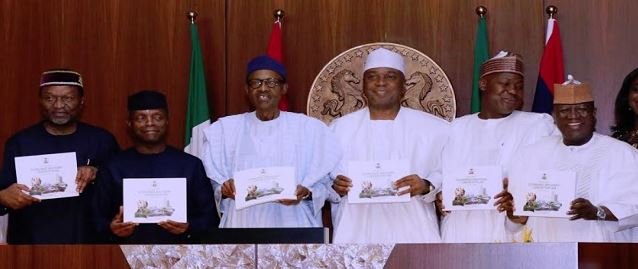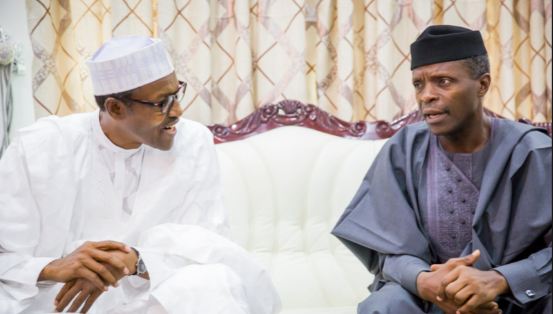A Professor of Development Economics, Mrs Sarah Anyanwu, has advised the Federal Government to implement the just inaugurated Economic Recovery and Growth Plan (ERGP) 2017-2020 effectively, to resuscitate the country’s economy.
Anyanwu, Head of Department, Economics Department, University of Abuja gave the advice in an interview with newsmen on Wednesday in Abuja.
She commended President Muhammadu Buhari for inaugurating ERGP, saying“ the country needs the plan to get out of recession so as not to prolong it.
`The plan is very good for the country but the implementation is the most important thing as the country has produced so many good plans without implementing them.
`We need political will to support those that will be implementing the plan and bring out the sources to do so.
`We need experts to implement the plan, people that are knowledgeable about economy not politicians that are not informed about it.
The government should put politics aside and look for experts to implement the plan and also people of integrity.
“Economy is different from politics; we need people with brain and expertise because if the government wants to compensate people, it should be done under politics not in economy,’’ the don said.
Similarly, an economist, Dr Aminu Usman expressed optimism that ERGP would move the country out of recession and probably put the country on the path of sustainable development.
Usman, a lecturer at the Department of Economics, Kaduna State University, however, said the ERGP was announced without its implementation plan.
“It is expected to impact on this year’s budget and we are already in April and yet the budget component of the ERGP is yet to be passed and signed into law.”
“The plan should be developmental and not revenue earning focus.”
“What we need is to lower corporate taxes but not to increase it,’’ he said.
The don said the ERGP should promote local production and export but not to impose or increase excise duties.
TheNewsGuru.com reports that ERGP envisages that by 2020, Nigeria will make significant progress to achieve structural economic change with a more diversified and inclusive economy.
The plan would deliver on five key broad outcomes, namely: a stable macro-economic environment, agricultural transformation and food security as well as sufficiency in energy.
Other outcomes are improved transportation infrastructure and industrialisation with focus on Small and Medium Scale Enterprises.
NAN




